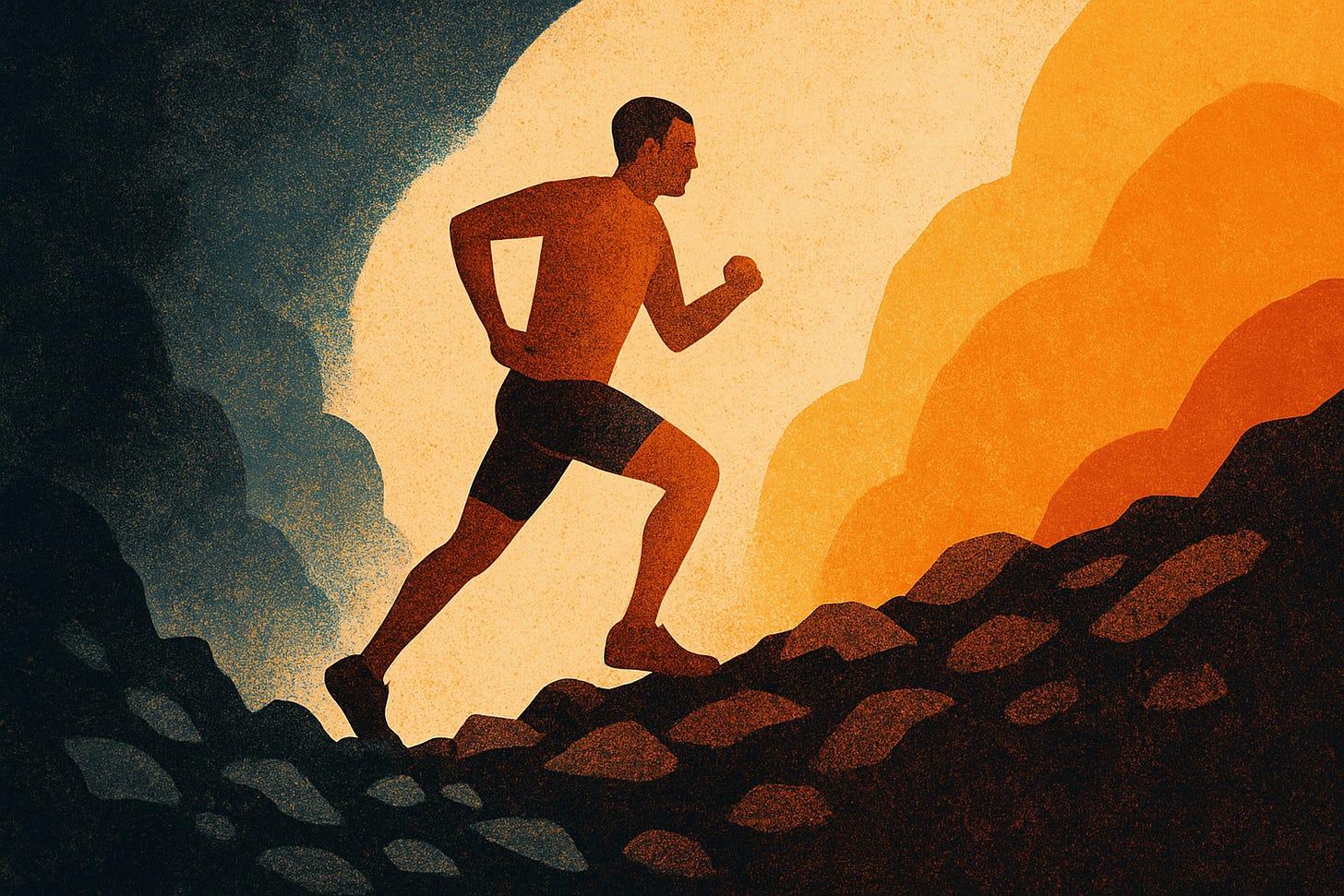Manufacturing Adversity
Our definition of trauma shapes how we react to our experiences.
Individuals with broader personal definitions of trauma are more likely to experience negative emotional outcomes and intrusive symptoms after stressful events.
Payton J Jones, Richard J McNally
The world is changing in two distinct ways.
Statistically, there is no better time to be alive than right now. Poverty rates are declining, disease and death are at all-time lows and we have access to more information and luxuries than ever before.
Simultaneously, we’re becoming culturally and psychologically more sensitive to trauma.
These two facts seem at odds with one another, but researchers have found it’s not our circumstances that determine how we experience trauma, but our personal definition of trauma.
The more our definition of trauma expands, the more likely we are to experience negative emotions.
Controlling Our Definition of Trauma
To ensure we remain resilient and limit negative emotional symptoms, we should make an effort to limit our definition of trauma. In theory, the more we limit this definition, the more resilient we’ll become, and the less we’ll experience negative emotions.
However, shrinking our definition of trauma too much is just as detrimental as letting it expand. Pretending that truly traumatic events are no big deal is just as damaging as treating trivial events as emotionally destabilizing.
Effectively controlling our definition of trauma means aligning our emotional reaction to the severity of the events we experience.
As time progresses and the world becomes an increasingly safe and sheltered place (especially in developed countries), it seems like more often than not we need help shrinking our definition of trauma.
The easiest way to shrink our definition of trauma is to put difficulty, hardship, and pain into perspective.
Seeking Hardship
When we control the hardest and most painful thing we do each day, everything else seems easier by comparison.
If we choose to do difficult things all the time and even learn to enjoy them, our definition of trauma naturally shrinks and we become more resilient as a result.
One of the best ways to combat the increasing convenience and safety of everyday life is to routinely complete difficult workouts or physical challenges. Hard physical pursuits make us physically and mentally stronger, keep us healthy, and are often the hardest thing we’ll do all day.
Seeking out this kind of hardship naturally shrinks our definition of trauma and helps us develop the skills to deal with serious trauma if and when we do experience it.
No matter what walk of life we come from, the hardest thing we’ve ever experienced is the hardest thing we’ve ever experienced. As the sharp edges of the world are smoothing out the most difficult things we’re experiencing are becoming easier over time.
As the challenges the world throws at us become less severe, it’s increasingly important we manufacture our own adversity. There will always be challenges in our lives, but paradoxically the more we seek hardship the less trauma we’ll face.
Prompts
What is your personal definition of trauma? Do you think you need to shrink it or expand it?
How does your definition of trauma affect your resilience to everyday challenges?
How do you seek hardship in your everyday life?
Deep Dive
A randomized controlled trial investigating the effect of one’s definition of trauma on their resilience.
Thanks for reading! I’ll see you next Sunday.
Kevin



